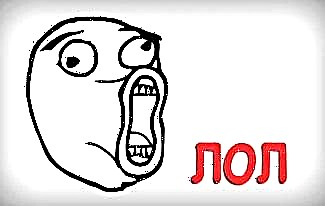What is corruption? Many of us hear this word several times a day on TV or in conversation with people. However, not everyone understands what it means, as well as in what areas it is applicable.
In this article we will look at what corruption is and what it can be.

What does corruption mean
Corruption (Latin corruptio - corruption, bribery) is a concept that usually denotes the use by an official of his power and rights, opportunities or connections entrusted to him for selfish purposes, contrary to legislation and moral principles.
Corruption also includes bribery of officials in various positions. In simple terms, corruption is the abuse of power or position in order to obtain one's own benefit.
It is worth noting that the benefits can be manifested in a variety of areas: politics, education, sports, industry, etc. Basically, one party offers the other a bribe to get the desired product, service, position, or something else. It is important to note that both the giver and the taker of a bribe violate the law.
Types of corruption
By its direction, corruption can be divided into the following types:
- political (illegal obtaining a position, interference in elections);
- economic (bribery of officials, money laundering);
- criminal (blackmail, involvement of officials in criminal schemes).
Corruption can exist on a small or large scale. Accordingly, what punishment a corrupt official will receive depends on this. There is no country in the world where corruption is completely absent.
Nevertheless, there are many states where corruption is perceived as something normal, which has an extremely negative impact on the economy and living standards of the population. And although there are anti-corruption organizations in the countries, they are not able to fully cope with corruption activities.









